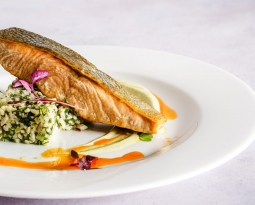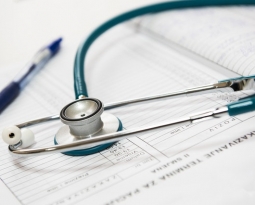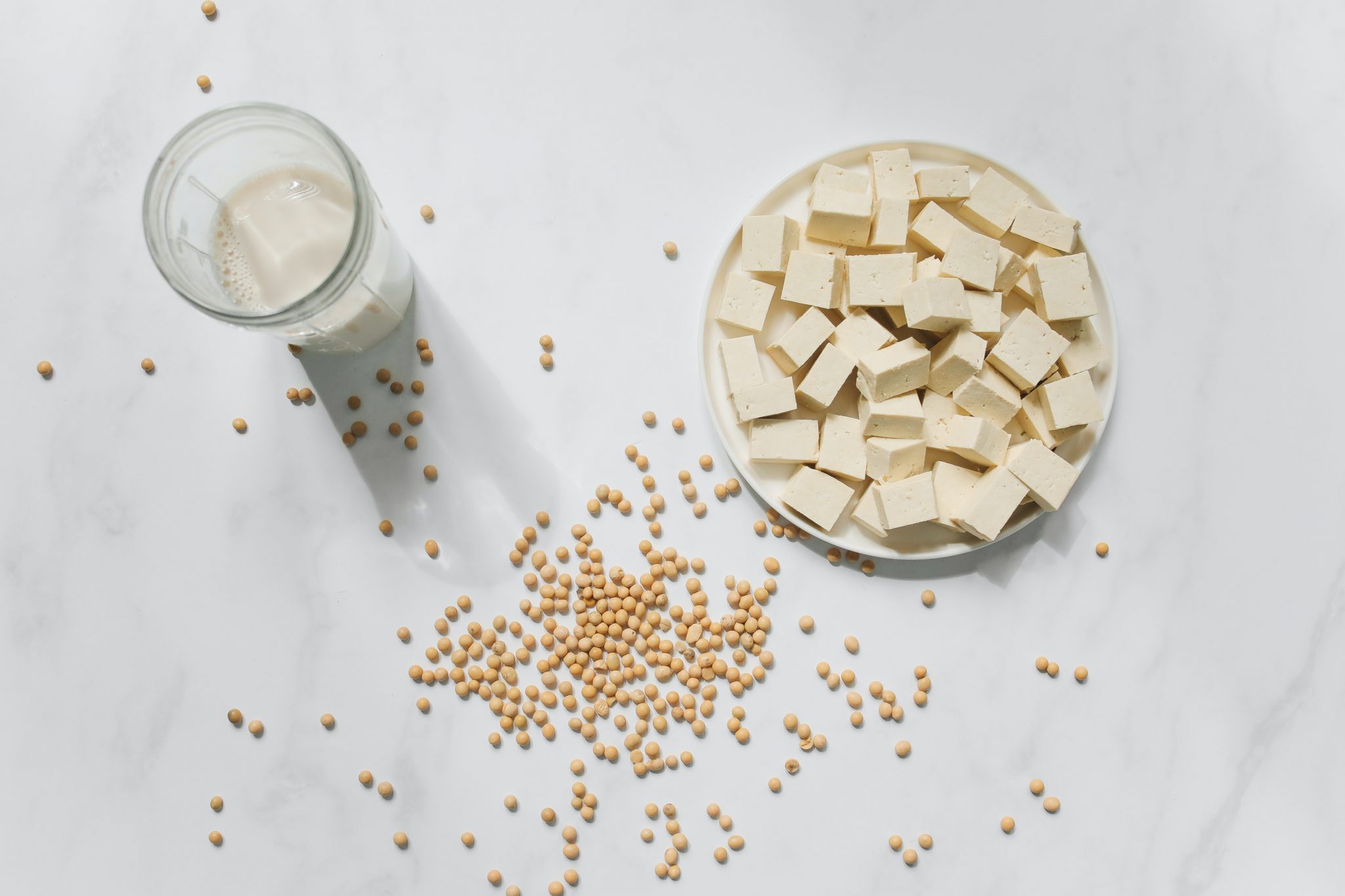Does Losing Weight Help Treat Varicose Veins?
If you have varicose veins and you’re overweight, you may be curious as to whether or not losing weight will help to treat those twisty, bulging blue veins. Being overweight can make you more susceptible to varicose veins.
Excess weight puts more pressure on your veins which can cause them to weaken over time. Once the vein valves are in a weakened state, they are not able to efficiently push blood back up to the heart. Blood can pool in the lower extremities, around the calves, ankles, and feet. That puts pressure on the veins that can, over time, lead to varicose veins.
So can losing weight help treat your varicose veins?
Losing weight can help decrease the pressure on the vein walls in the life which can decrease the appearance of varicose veins. However, it cannot repair a varicose vein once it has developed.
Is all hope lost? Well, let’s look at what weight loss can do to help you with venous insufficiency.
What Can Weight Loss Do for Varicose Veins?
When you’re carrying extra weight, any vein problems you already have will be more pronounced. Your veins will also be more likely to be visible, bulging, and swollen. Since weight loss can not eliminate an existing varicose vein, it makes more sense to focus on what losing weight can do: reducing the appearance of varicose veins and decreasing the risk of developing new ones.
Losing Weight Can Reduce Physical Symptoms from Varicose Veins
Your weight loss efforts can reward you with a reduction in pain, swelling, and bulging.
Weight Loss Can Promote Healthy Blood Flow
Losing weight can also help to improve blood circulation.
The Risk of Additional Varicose Veins Decreases With Weight Loss
Weight loss can decrease your chances of new varicose veins forming.
Which Weight Loss Activities Help Support Healthy Veins?
Exercise, in general, can be helpful for boosting blood circulation, but some activities are better than others when it comes to preventing or decreasing the appearance of varicose veins. Strenuous or high-impact physical activity could actually put more stress on the vein valves.
Try some of these helpful activities that will promote healthier weight and good circulation.
Put Your Legs Up the Wall
Elevating your legs daily helps to reverse the flow of blood, encouraging it to travel from the legs and feet back up to the heart. This takes pressure off the vein valves and relieves feelings of achiness and heaviness in the calves. Practicing legs up the wall each day won’t be a calorie burner, however it is a stress reliever. Stress raises cortisol which then contributes to fat around the stomach, so decreasing stress levels can help encourage a healthier weight through lower cortisol levels.
Get Outside and Go for a Walk
Walking is one of the most highly-recommended exercises for all fitness levels because it is low-impact, burns calories, releases stress, and boosts blood circulation.
Give Rebounding a Try
Rebounding involves jumping on a rebounder or mini trampoline. This is a fun exercise that is easier on the joints and veins since you’re jumping on a soft, bouncy material rather than a hard surface. Rebounding burns calories, stimulates circulation, and keeps your blood from pooling in your lower body.
Wear Compression Socks
These tight-fitting socks are made to apply firm pressure to the leg veins to keep the veins compressed so the blood can flow more easily back up the legs.
Which Foods Help Support Weight Loss and Vein Health?
Certain healthy foods are beneficial for your waistline as well as your varicose veins. Foods that are high in vitamins C, E, K, and bioflavonoids. These help to promote circulation and can strengthen your vein walls. They have anti-inflammatory properties that are beneficial for relieving swelling in the veins as well. And of course, eating more of these foods in place of unhealthy foods that are loaded with fat, salt, and sugar can help you with your weight loss goals.
Vitamin C is Great for More Than Just Your Immune System
Vitamin C helps support healthy collagen production. This helps with elasticity and flexibility of veins, which enhances blood circulation by making it easier for veins to expand and contract. Eat plenty of oranges, lemons, limes, and grapefruit. Opt for the whole fruits whenever possible so you’re getting the full benefits, rather than just the sugar without the fiber.
Vitamin K Promotes Blood Flow and Healthy Weight
Eating plenty of dark leafy greens. Spinach and kale are rich in vitamin K and have circulation-boosting properties. These vitamin K rich veggies are also recommended for patients who have experienced DVT for their blood-thinning properties. They can help keep your blood thin and flowing to prevent possible blood clots.
Boost Your Bioflavonoids to Relieve Inflammation
Bioflavonoids are antioxidants that have anti-inflammatory properties. They can help help reduce vein swelling by alleviating inflammation. Bioflavonoids are found in fruits like apples, cherries, grapes, and apricots.
Fiber is Good for Your Belly – Inside and Out
Consuming a high-fiber diet can help treat constipation. Chronic constipation can contribute to varicose veins by putting more pressure on vein valves. If you’re already dealing with varicose veins, that additional pressure can make them worse. Eat plenty of high-fiber foods to keep yourself regular and promote healthy veins.
How to Add More Healthy, Vein-Supporting Foods to Your Diet:
- Breakfast- have some oatmeal or add a handful of rolled oats to your breakfast smoothie
- Lunch- use whole-grain bread for your sandwich. Make sure it says whole grain or whole wheat on the label and not just wheat bread.
- Snack- have an apple with peanut butter. Apples are a high fiber fruit, along with berries.
- Dinner- add some beans to your soup
Summary
Now you know what causes varicose veins and what lifestyle and dietary changes you can make to prevent or reduce the appearance of varicose veins. Awareness of what makes you more susceptible to varicose veins can help you make the changes you need to promote the health of your veins. As much as weight loss and home treatments can help to reduce the risk and symptoms of vein disease, they are not 100% guaranteed to prevent or eliminate vein problems.
While a healthy diet and lifestyle are extremely helpful for decreasing the appearance of varicose veins, it’s important to seek out professional care if the problem persists. If you’re experiencing symptoms from varicose veins that don’t respond to diet and lifestyle changes, contact us today to book an appointment.








